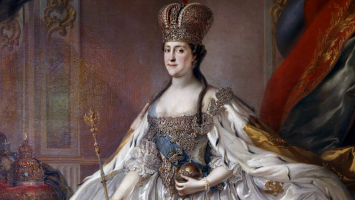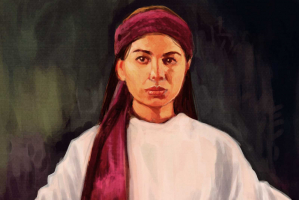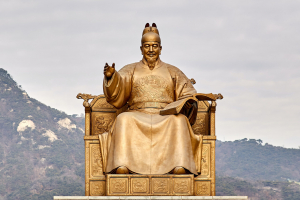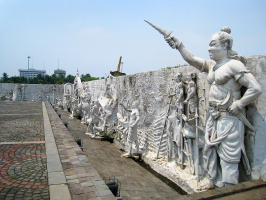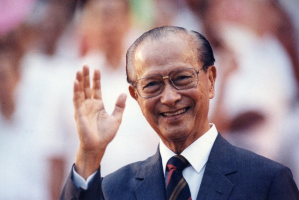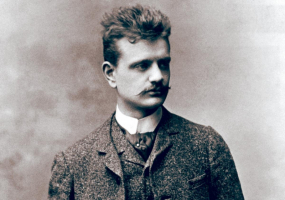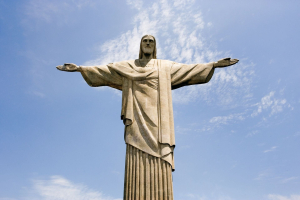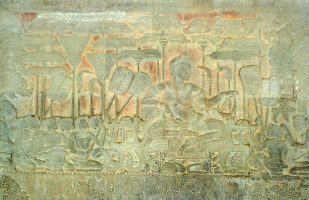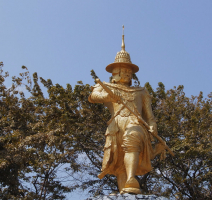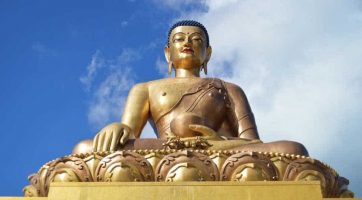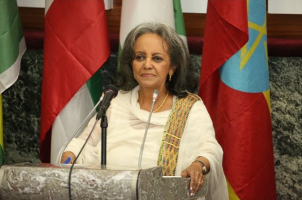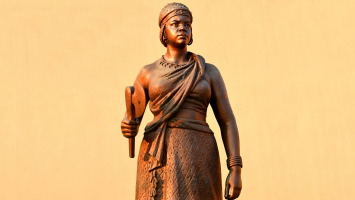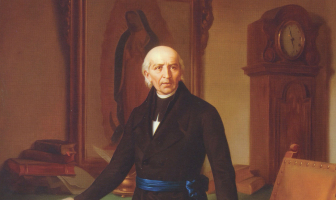Top 6 Most Important Historical Figures In Jordan
Jordan, like any other country, has historical personalities who have made significant contributions to the country. Discover the most important historical ... read more...figures in Jordan with Toplist. Look through the list to learn a little bit more about them.
-
One of the most important historical figures in Jordan is Hussein bin Ali. Hussein bin Ali al-Hashimi (1 May 1854 – 4 June 1931) was an Arab chieftain from the Banu Hashim tribe who was Sharif and Emir of Mecca from 1908 and King of the Hejaz from 1916 to 1924 after declaring the Great Arab Revolt against the Ottoman Empire. He also temporarily claimed the role of the Sharifian Caliph at the end of his reign. As a member of the Hashemite family, he was a 37th-generation direct descendant of Muhammad.
As a member of the Qatadid emirs of Mecca's Dhawu Awn tribe, he was thought to have rebellious tendencies and was summoned to Istanbul in 1893, where he was maintained on the Council of State. Following the Young Turk Revolution in 1908, he was appointed Emir of Mecca by Ottoman Sultan Abdul Hamid II. With the promise of British help for Arab independence, he declared the Arab Revolt against the Ottoman Empire in 1916, accusing the Committee of Union and Progress of breaking Islamic precepts and limiting the power of the sultan-caliph. Hussein declared himself "King of the Arab Countries" shortly after the rebellion began. His pan-Arab ambitions, however, were rejected by the Allies, who only recognized him as King of the Hejaz.
Hussein refused to ratify the Treaty of Versailles in response to the Balfour Declaration and the formation of British and French mandates in Syria, Iraq, and Palestine in the aftermath of World War I. He later refused to sign the Anglo-Hashemite Treaty, denying himself British backing when Ibn Saud attacked his country. When the Ottoman Caliphate was destroyed in March 1924, Hussein declared himself "Caliph of all Muslims." When he was defeated by Ibn Saud in October 1924, he abdicated and was succeeded as king by his eldest son Ali. In 1921, his sons Faisal and Abdullah were appointed kings of Iraq and Transjordan, respectively. On December 23, 1925, after the Kingdom of Hejaz was invaded by the Al Saud-Wahhabi armies of the Ikhwan, King Hussein bin Ali surrendered to the Saudis, effectively ending both the Kingdom of Hejaz and the Sharifate of Mecca.
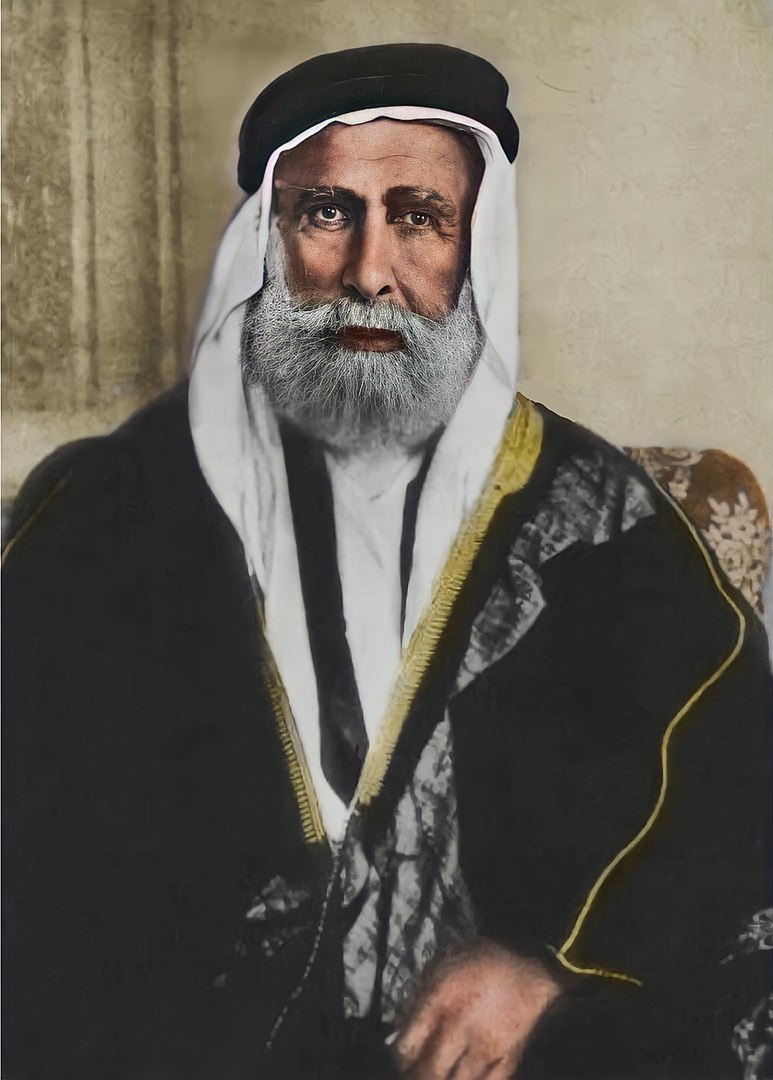
en.wikipedia.org 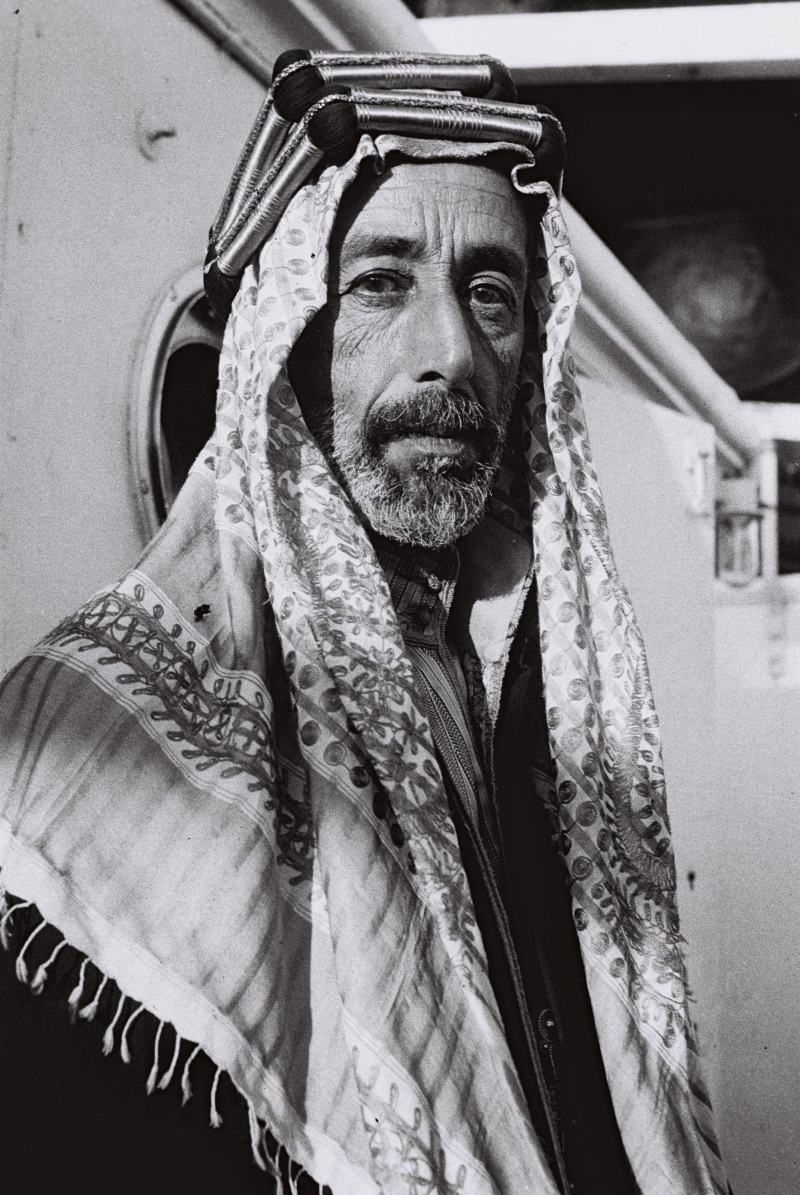
en.wikipedia.org -
One of the most important historical figures in Jordan is Abdullah I bin al-Husayn. He (February 2, 1882 – July 20, 1951) was Jordan's ruler from 11 April 1921 until his assassination in 1951. He served as Emir of Transjordan, a British protectorate, until May 25, 1946, when he became King of an independent Jordan. He belonged to the Hashemite dynasty.
Abdullah was the second of four sons born to Hussein bin Ali, Sharif of Mecca, and his first wife, Abdiyya bint Abdullah, in Mecca, Hejaz, Ottoman Empire. He received his education in Istanbul and Hejaz. Abdullah served in the Ottoman assembly as deputy for Mecca from 1909 to 1914 but sided with Britain during World War I. During World War I, he was a significant figure in the covert negotiations with the United Kingdom that resulted in the Great Arab Revolt against Ottoman rule, led by his father Sharif Hussein. Abdullah personally led guerilla raids on fortified positions.
In April 1921, Abdullah became the emir of Transjordan. During World War II, he maintained his British connection and became king after Transjordan gained independence from the United Kingdom in 1946. Jordan annexed the West Bank in 1949, infuriating Arab countries such as Syria, Saudi Arabia, and Egypt, all of which supported the establishment of a Palestinian state. In 1951, he was assassinated by a nationalist Palestinian while attending Friday prayers at the gate to the Al-Aqsa mosque in Jerusalem.
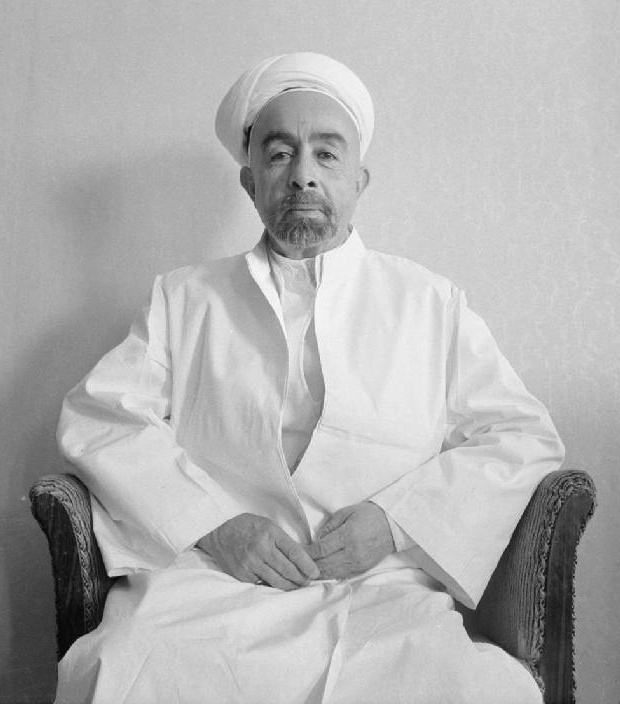
en.wikipedia.org 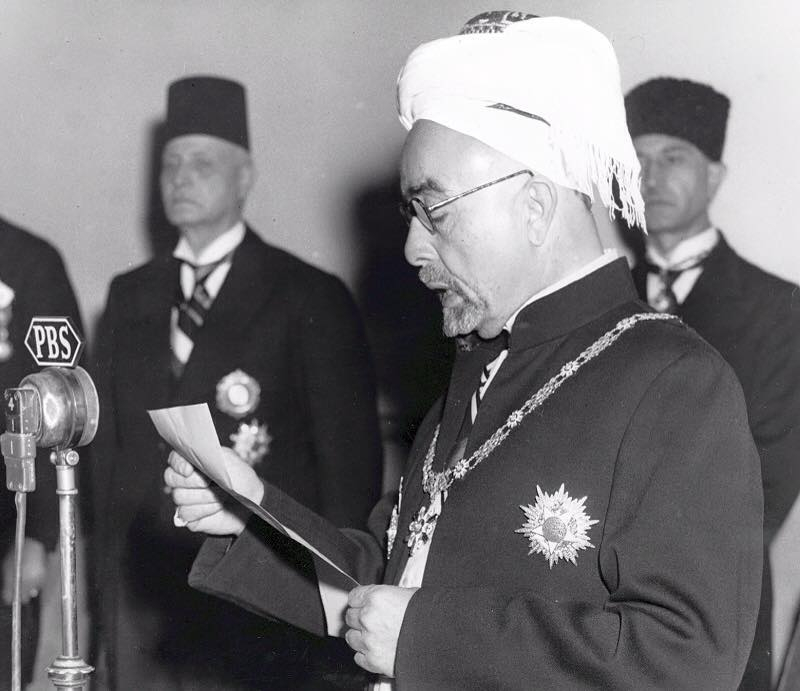
en.wikipedia.org -
Hussein bin Talal (14 November 1935 – 7 February 1999) was Jordan's King from 11 August 1952 to his death in 1999. Hussein was a 40th-generation direct descendant of Muhammad and a member of Jordan's Hashemite dynasty since 1921.
Jordan was a young nation that governed the West Bank at the time of Hussein's accession in 1953. As a result of the 1948 Arab-Israeli War, the country had few natural resources and a huge Palestinian refugee population. Hussein led Jordan through four stormy decades of the Arab-Israeli conflict and the Cold War, skillfully managing challenges from Arab nationalists, Islamists, the Soviet Union, Western countries, and Israel, developing Jordan into a stable modern state by the end of his 46-year reign. Following 1967, he became involved in efforts to resolve the Israeli-Palestinian issue. He became known as the region's peacemaker after serving as a conciliatory intermediary between numerous Middle Eastern enemies. He was admired for pardoning his opponents and granting them high positions in the government. Hussein was the region's longest-reigning leader, having survived dozens of assassination attempts and schemes to depose him. He died of cancer in 1999, at the age of 63, and was succeeded by his eldest son, Abdullah II.
Hussein, who was seen as a charismatic, bold, and humble leader during his 46-year reign, became well known among Jordanians as the "builder king." He transformed the Kingdom from a backwater divided polity to a rather stable, well-governed contemporary kingdom. By 1999, Hussein's reign had produced 90% of Jordanians. Hussein focused his efforts from the start on developing an economic and industrial infrastructure to stimulate the economy and increase the standard of living. Jordan's principal industries, including phosphate, potash, and cement, were established during the 1960s, and the kingdom's first highway network was built.
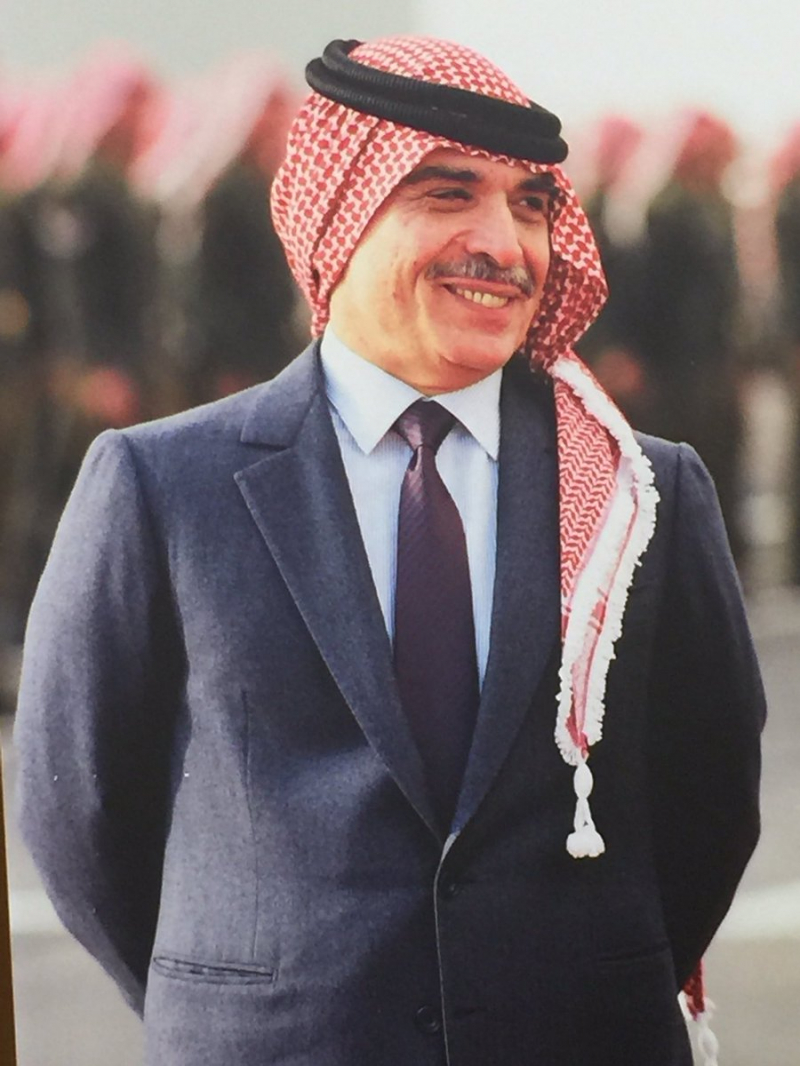
kinghusseinfoundation.org 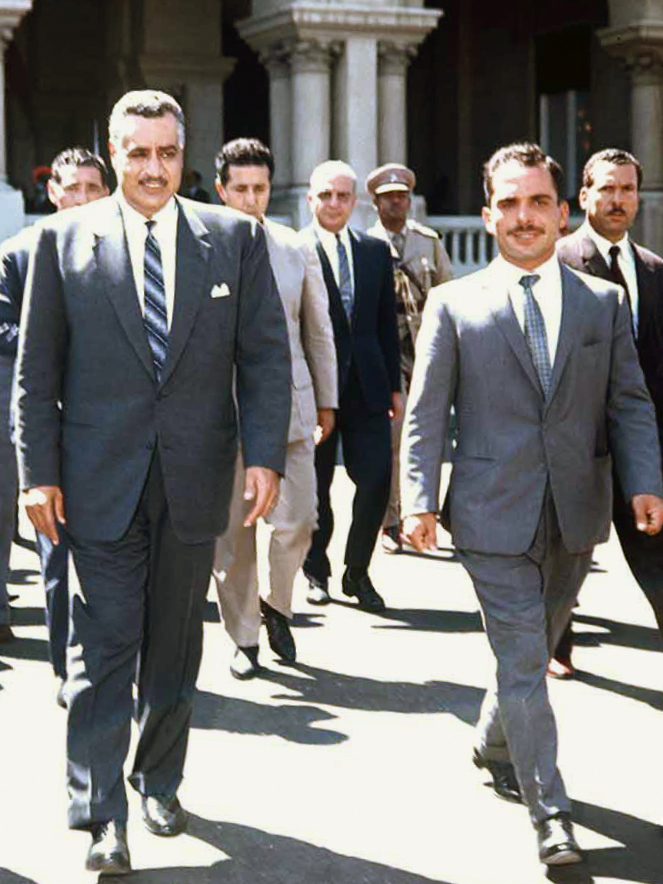
King Hussein and Egyptian president Gamal Abdel Nasser -en.wikipedia.org -
Mustafa Wahbi Tal (May 1899 – May 24, 1949) was a Jordanian poet, writer, teacher, and civil servant who was widely recognized as Jordan's most renowned poet and one of the best-known Jordanian poets among Arab readers.
Tal was born on May 25, 1899, in Irbid, Ottoman Empire, and completed his basic education there before moving on to Damascus to finish his high school education. His rebellious and uncompromising personality would emerge during his high school years in Damascus, when he was banished numerous times by Ottoman officials for participating in school strikes against their policies in the region. Tal was imprisoned and banished multiple times as an adult for democratic action or insulting high-ranking officials by the governments of the Arab Kingdom of Syria and, following its demise, the administration of the Emirate of Transjordan.
His first work was as an Arabic literature instructor at Karak, Transjordan. In the 1920s, Tal was named Administrative Governor of Wadi Al-Seer and Shoubak. He earned a law degree in 1930 and worked in the judiciary before being appointed Chief of Protocol at the Emir's Court. Tal was subsequently fired from his position and imprisoned for 70 days after a confrontation with a Prime Minister who was in office at the time. This would be the latest in a long line of exiles and imprisonments he had endured. Tal became desperate, and his alcoholism intensified, ultimately leading to his death on May 24, 1949.
Tal discovered in the Nawari community fairness, equality, and a lack of classism, which he considered was lacking in Transjordan's cities. Many of his writings mirrored these beliefs, as well as lauding Jordan's lands while harshly criticizing its government's practices. He also composed poetry condemning British policies that promoted Zionism in Palestine, as well as British colonial officers in Transjordan.
Tal is Jordan's most famous poet. His city of Irbid hosts an annual literary festival in his honor, and he is the recipient of the country's most prestigious literary award. The house where he used to live in Irbid has been turned into a museum, which attracts hundreds of tourists each year. Wasfi Tal, his eldest son, served as Jordan's Prime Minister for many terms in the late 1960s and early 1970s before being assassinated in 1971.
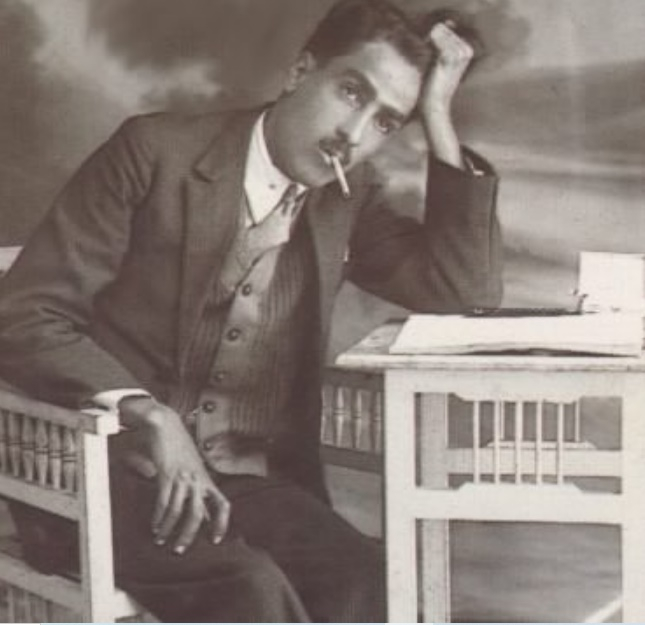
Tal in late 1920s -en.wikipedia.org 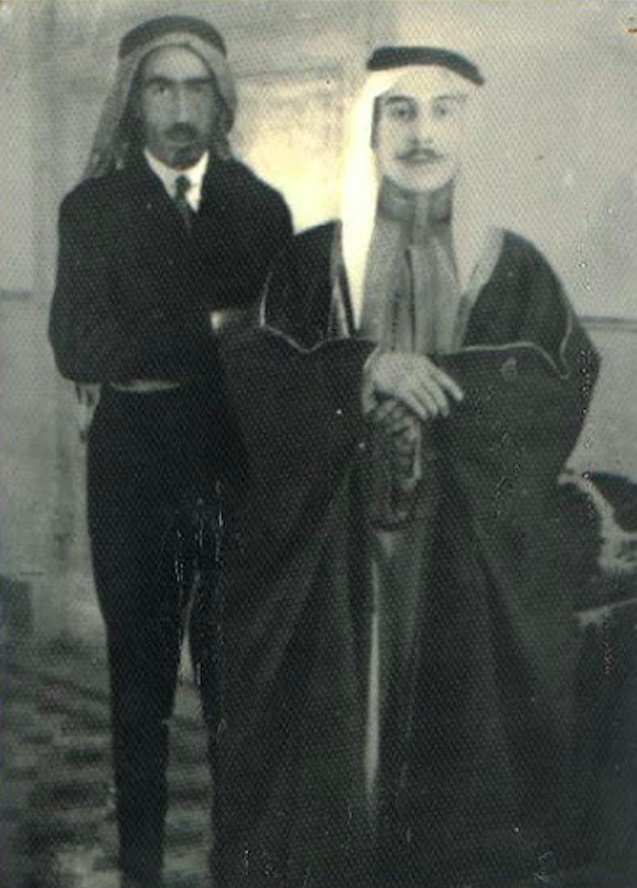
Tal with Crown Prince Talal in mid 1930s -en.wikipedia.org -
Suleiman Mousa (11 June 1919 – 9 June 2008) was a Jordanian author and historian who grew up in Al-Rafeed, a small village north of Irbid. He wrote up to fifty books, the most notable of which are Biography of Sharif Hussein Bin Ali, Jordan in the 1948 War, Great Arab Revolt, History of Jordan in the twentieth century, and he was the first and only Arab author to write about Lawrence of Arabia from an Arab perspective.
Suleiman Mousa was born in 1919 to a Christian family in the village of Al Rafeed, which overlooks the Yarmouk River and is located 20 kilometers north of Irbid. Mousa, his mother, and his sister were all shocked when his father, a poor man with a passion for reading and writing, died when he was just six years old. His mother took on the duty of providing the family's requirements, leaving them with little more than a cane basket carrying some books. They lived a simple and spontaneous life as part of a village that was primarily dependent on agriculture for survival.
Mousa attended a modest school known as Al Ta'ifa for three years after completing his primary education from religious scholars. He was subsequently moved to a governmental school in Al Husn, where he stayed with relatives until May 1934, when he was unable to continue in high school due to the family's inadequate resources. A few months later, at the age of sixteen, he began teaching at the School of Irbid.
Suleiman Mousa died on June 9, 2008, two days before his 89th birthday, in Amman, Jordan. He died as a result of congestive heart failure. Cultural officials attended the funeral and wake, as did representatives from Jordan's King Abdullah II, the Ministry of Culture, the media, and many others who honored his accomplishments in numerous artistic disciplines. It is a fact that Suleiman Mousa received numerous medals and distinctions during his lifetime, many projects have been created posthumously in commemoration of his contributions to Jordanian, Middle Eastern, and global history. Among the most visible of these endeavors is the building of the Suleiman Mousa Library at the (GAM) and the republishing of his whole works in stages, with the goal of imparting history to the next generation. Following his death in 2008, Mousa was also given The Arab Author Medal.
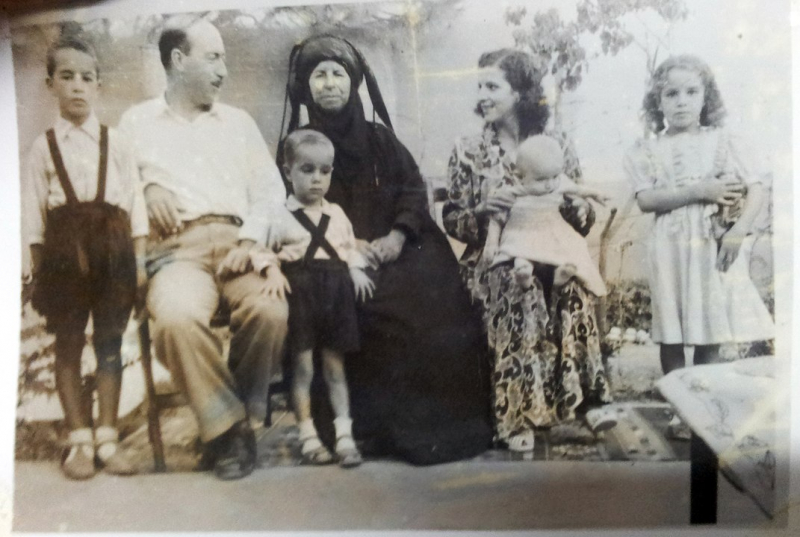
Suleiman Mousa with his wife, mother and children in 1953 -en.wikipedia.org 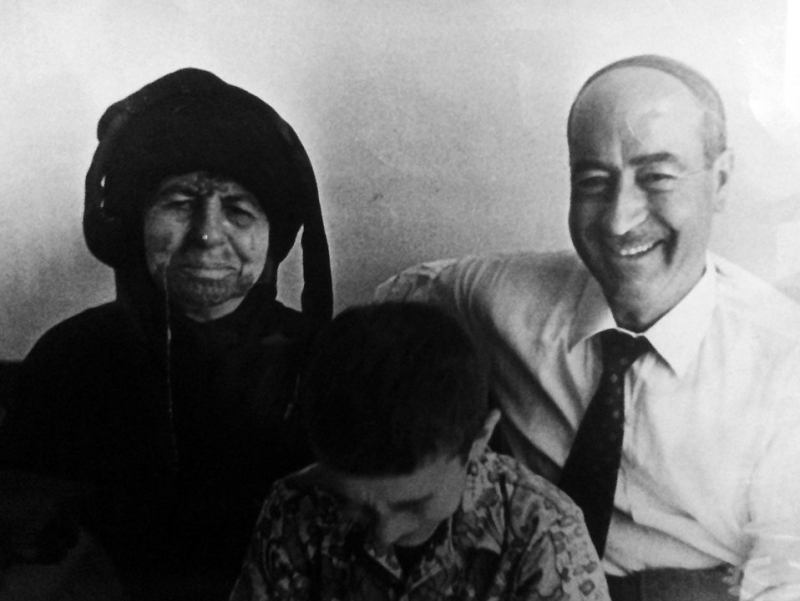
Mousa with his mother Farha Al-Nasser -en.wikipedia.org -
One of the most important historical figures in Jordan is Abdelrahman Munif. Abdelrahman bin Ibrahim al-Munif, also known as Abdelrahman Munif, was a Saudi Arabian novelist, short story writer, memoirist, journalist, thinker, and cultural critic. He is regarded as one of the most important modern Saudi authors, as well as one of the best Arabic writers of the twentieth century. His works contain both significant political aspects and parodies of the Middle Eastern ruling classes. His work outraged Saudi leadership, resulting in the prohibition of many of his publications and the revocation of his Saudi citizenship.
Munif was born in 1933 as a Saudi national and raised in Amman, Jordan, to Saudi Arabian parents and an Iraqi grandmother. He traveled to Baghdad to study law in 1952 and then to Cairo. He holds a law degree from the Sorbonne and a Ph.D. in oil economics from the Faculty of Economics at the University of Belgrade. Later, he went to Iraq to work in the oil ministry and joined the Ba'ath Party. During this time, he edited the industry journal al-Naft wa al-Tamiya, which translates as "Petroleum and Development."
He began writing in the 1970s, after leaving his work with the Iraqi Ministry, leaving the Ba'ath party, and migrating to Damascus, Syria, to distance himself from an oppressive regime. He immediately became known for his harsh depictions of Middle Eastern elites, particularly those of Saudi Arabia, which banned many of his novels and deprived him of Saudi citizenship. He made full use of his understanding of the oil industry, condemning the businessmen who managed it and the politicians who supported them.
Munif had written fifteen novels. "Endings" was his first work to be published in English. The translator lauded it as the first Saudi novel translated into English, praising its original depiction of rural life and environmental challenges in an Arabic genre that has previously focused mostly on urban, middle-class experiences. While his works were never very successful in the West, they are critically praised and extremely popular throughout the Middle East. Cities of Salt has been regarded as the "only serious work of fiction that tries to show the effect of oil, Americans, and the local oligarchy on a Gulf country" by Edward Said. While he was a harsh opponent of Saddam Hussein and his regime, he was vehemently opposed to the American invasion of Iraq, spending the final two years of his life working on non-fiction projects to oppose what he viewed as renewed imperialism. He died of kidney and heart failure at the age of 71.
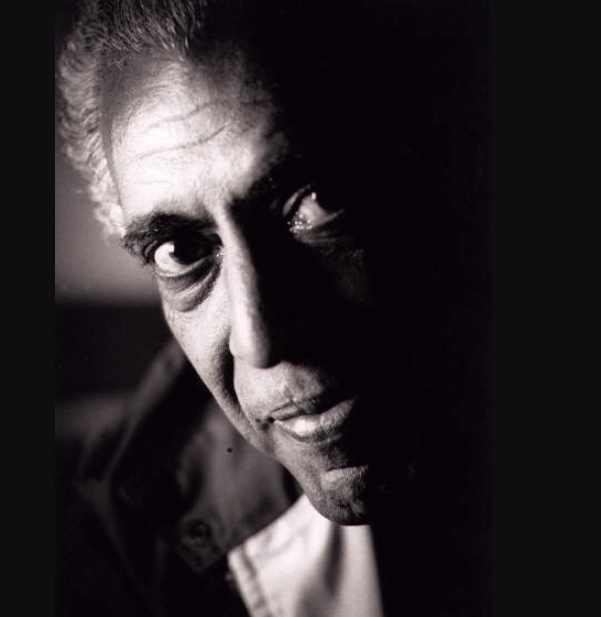
historicalmaterialism.org 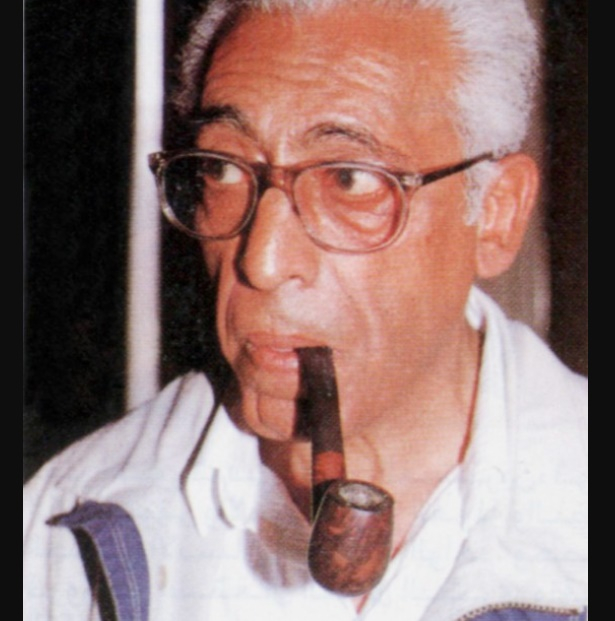
shortstoryproject.com








